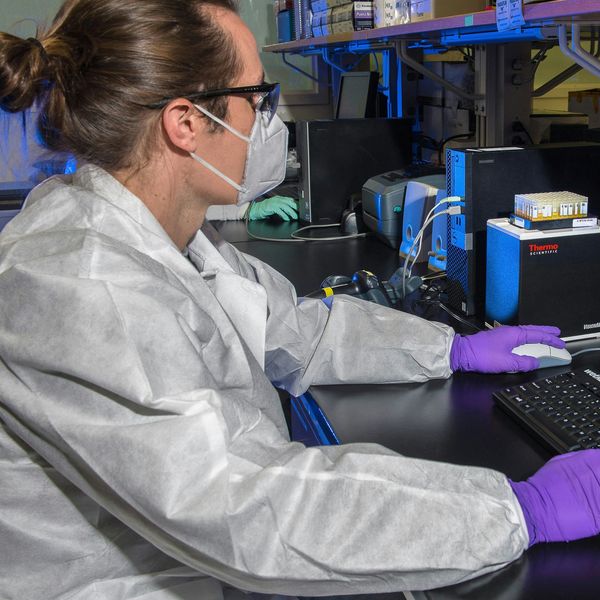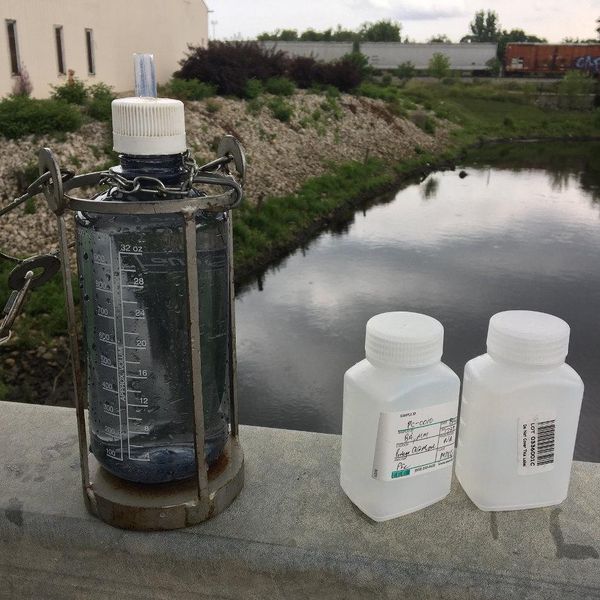Dick’s Sporting Goods, one of the largest sporting goods retailers in the country with more than 850 stores, will rid its own-brand clothes, shoes and other textiles of per-and polyfluoroalkyl substances, or PFAS.
The move follows a trend of states and outdoor brands taking the lead on tackling PFAS.
“State leaders are excited to see companies like Dick’s Sporting Goods demonstrate leadership,” Sarah Doll, national director of Safer States, an alliance of U.S. environmental health organizations, said in a statement. “States from California to Colorado to New York have stepped up to protect communities by banning PFAS in textiles. It is gratifying to see companies follow suit.”
Related: Outdoor brands phase out PFAS, “forever chemicals,” ahead of state bans
The company added the chemicals to its Restricted Substance List in March — right after outdoor retail giant REI’s similar announcement in February. Dick’s Sporting Goods’ Restricted Substance List already includes harmful chemicals such as heavy metals, flame retardants, formaldehyde and phthalates.
The movement from retailers comes a year after California and New York passed laws that will restrict PFAS in clothing and other textiles — and after a study from Toxic-Free Future found evidence of PFAS in Dick’s Sporting Goods’ products.
“When our testing found these dangerous chemicals in their products last year, we knew that action must be taken,” Mike Schade, director of Mind the Store, a program of the research and environmental adcvocacy organiztion Toxic-Free Future, said in a statement. “No one’s drinking water should be polluted for a raincoat. Though this is a major step forward.”
- Colorado is the first state to ban PFAS in oil and gas extraction ›
- IN DEPTH: First-of-its kind testing points to dangers and unknowns of PFAS in clothing ›
- PFAS widespread in water- and stain-resistant outdoor clothes, home linens ›
- REI to ban PFAS in outdoor clothing and cookware ›
- Outdoor brands phase out PFAS, “forever chemicals,” ahead of state bans ›
- Minnesota enacts nation’s broadest ban of “forever chemicals” - EHN ›
- 2024 could be a big year for PFAS bans: Report - EHN ›



























